
Kód: 09374502
After the Beautiful
Autor Robert B. Pippin
In his Berlin lectures on fine art, Hegel argued that art involves a unique form of aesthetic intelligibility--the expression of a distinct collective self-understanding that develops through historical time. Hegel's approach to a ... celý popis
- Jazyk:
 Angličtina
Angličtina - Vazba: Brožovaná
- Počet stran: 176
Nakladatelství: The University of Chicago Press, 2015
- Více informací o knize

Mohlo by se vám také líbit
Dárkový poukaz: Radost zaručena
- Darujte poukaz v libovolné hodnotě a my se postaráme o zbytek.
- Poukaz se vztahuje na celou naši nabídku.
- Elektronický poukaz vytisknete z e-mailu a můžete ihned darovat.
- Platnost poukazu je 12 měsíců od data vystavení.
Více informací o knize After the Beautiful
Nákupem získáte 75 bodů
 Anotace knihy
Anotace knihy
In his Berlin lectures on fine art, Hegel argued that art involves a unique form of aesthetic intelligibility--the expression of a distinct collective self-understanding that develops through historical time. Hegel's approach to art has been influential in a number of different contexts, but in a twist of historical irony Hegel would die just before the most radical artistic revolution in history: modernism. In "After the Beautiful," Robert B. Pippin, looking at modernist paintings by artists such as Edouard Manet and Paul Cezanne through Hegel's lens, does what Hegel never had the chance to do. While Hegel could never engage modernist painting, he did have an understanding of modernity, and in it, art--he famously asserted--was "a thing of the past," no longer an important vehicle of self-understanding and no longer an indispensable expression of human meaning. Pippin offers a sophisticated exploration of Hegel's position and its implications. He also shows that had Hegel known how the social institutions of his day would ultimately fail to achieve his own version of genuine equality, a mutuality of recognition, he would have had to explore a different, new role for art in modernity. After laying this groundwork, Pippin goes on to illuminate the dimensions of Hegel's aesthetic approach in the path-breaking works of Manet, the "grandfather of modernism," drawing on art historians T. J. Clark and Michael Fried to do so. He concludes with a look at Cezanne, the "father of modernism," this time as his works illuminate the relationship between Hegel and the philosopher who would challenge Hegel's account of both modernity and art--Martin Heidegger.Elegantly inter-weaving philosophy and art history, "After the Beautiful" is a stunning reassessment of the modernist project. It gets at the core of the significance of modernism itself and what it means in general for art to have a history. Ultimately, it is a testament, via Hegel, to the distinctive philosophical achievements of modernist art in the unsettled, tumultuous era we have inherited.
 Parametry knihy
Parametry knihy
Zařazení knihy Knihy v angličtině Humanities Philosophy History of Western philosophy
754 Kč
- Plný název: After the Beautiful
- Podnázev: Hegel and the Philosophy of Pictorial Modernism
- Autor: Robert B. Pippin
- Jazyk:
 Angličtina
Angličtina - Vazba: Brožovaná
- Počet stran: 176
- EAN: 9780226325583
- ID: 09374502
- Nakladatelství: The University of Chicago Press
- Hmotnost: 264 g
- Rozměry: 155 × 229 × 35 mm
- Datum vydání: 27. October 2015
Oblíbené z jiného soudku
-

Meditations
254 Kč -

Aphorisms on Love and Hate
90 Kč -

Why I Am so Clever
90 Kč -

Meditations
502 Kč -

Meditations
410 Kč -

Simulacra and Simulation
396 Kč -
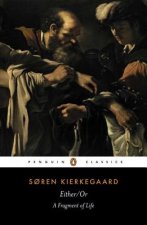
Either/Or
357 Kč -

Existentialism Is a Humanism
214 Kč -

Phenomenology of Spirit
551 Kč -
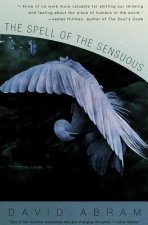
Spell of the Sensuous
347 Kč -

The Trouble With Being Born
307 Kč -
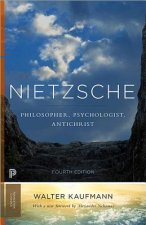
Nietzsche
600 Kč -
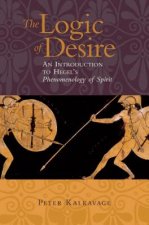
Logic of Desire
1124 Kč -
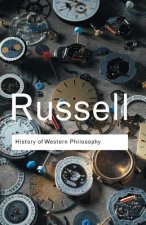
History of Western Philosophy
660 Kč -
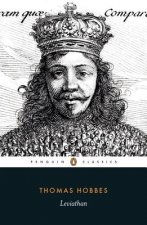
Leviathan
322 Kč -
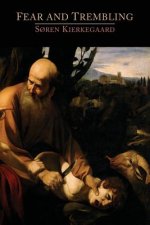
Fear and Trembling
253 Kč -

On War
136 Kč -
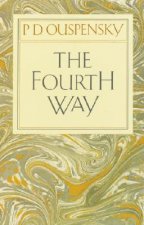
Fourth Way
421 Kč -
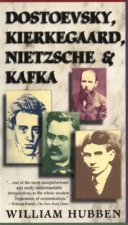
Dostoevsky, Kierkegaard, Nietzsche and Kafka
435 Kč -
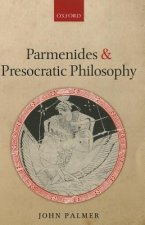
Parmenides and Presocratic Philosophy
1994 Kč -
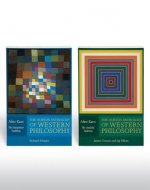
Norton Anthology of Western Philosophy: After Kant
2259 Kč -
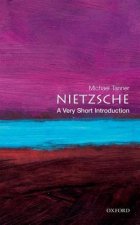
Nietzsche: A Very Short Introduction
249 Kč -

The Myth of Sisyphus
169 Kč -

Nausea
276 Kč -

Letters from a Stoic
276 Kč -

The Symposium
233 Kč -

Beyond Good and Evil
258 Kč -

Thus Spoke Zarathustra
276 Kč -
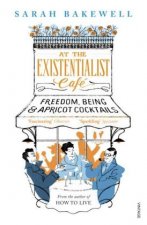
At The Existentialist Cafe
358 Kč -
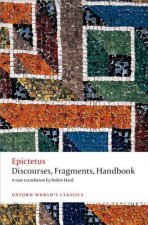
Discourses, Fragments, Handbook
306 Kč -
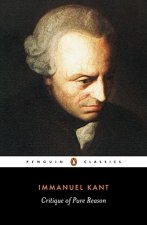
Critique of Pure Reason
444 Kč -
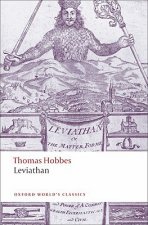
Leviathan
236 Kč -

Discourses and Selected Writings
306 Kč -

On the Shortness of Life
223 Kč -

Think
303 Kč -

Nicomachean Ethics
136 Kč -
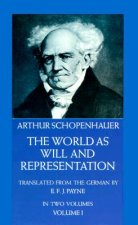
World as Will and Representation, Vol. 1
637 Kč -

Socrates' Defence
90 Kč -
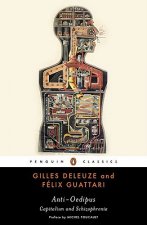
Anti-Oedipus
595 Kč -
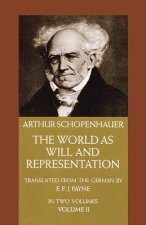
World as Will and Representation, Vol. 2
585 Kč -
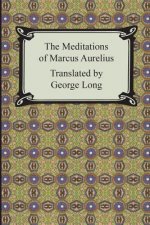
Meditations of Marcus Aurelius
261 Kč -
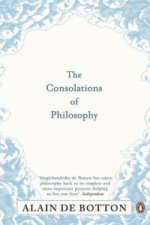
Consolations of Philosophy
358 Kč -

Queer Phenomenology
748 Kč -
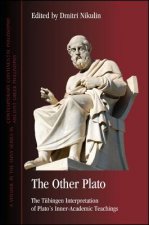
Other Plato
1165 Kč -

Republic
279 Kč -

Gay Science
316 Kč -

Twilight of the Idols with The Antichrist and Ecce Homo
136 Kč -
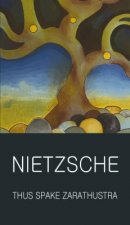
Thus Spake Zarathustra
136 Kč -
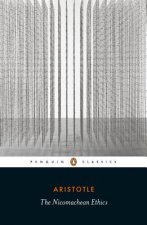
Nicomachean Ethics
306 Kč
Osobní odběr Praha, Brno a 12903 dalších
Copyright ©2008-24 nejlevnejsi-knihy.cz Všechna práva vyhrazenaSoukromíCookies







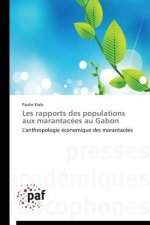

 Vrácení do měsíce
Vrácení do měsíce 571 999 099 (8-15.30h)
571 999 099 (8-15.30h)